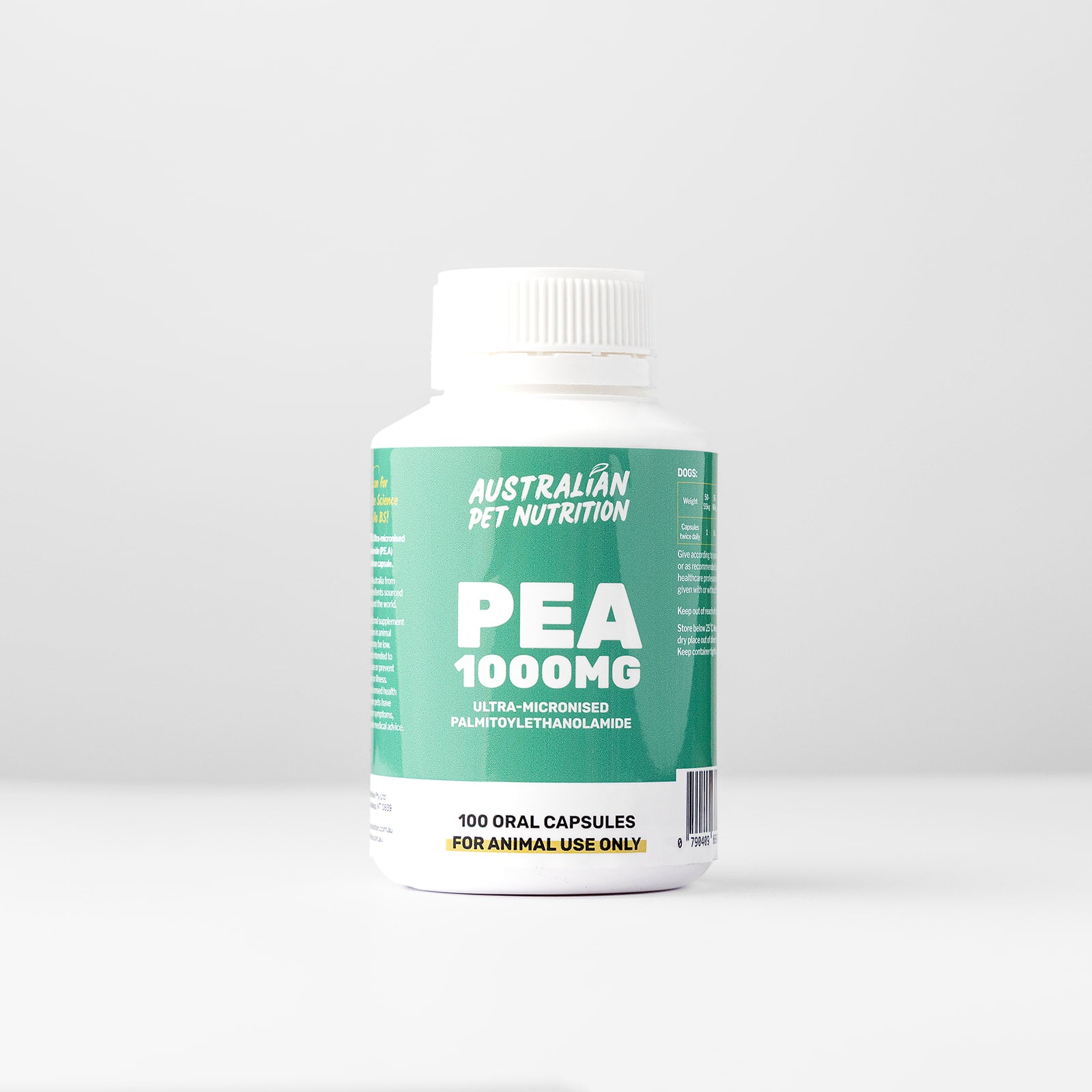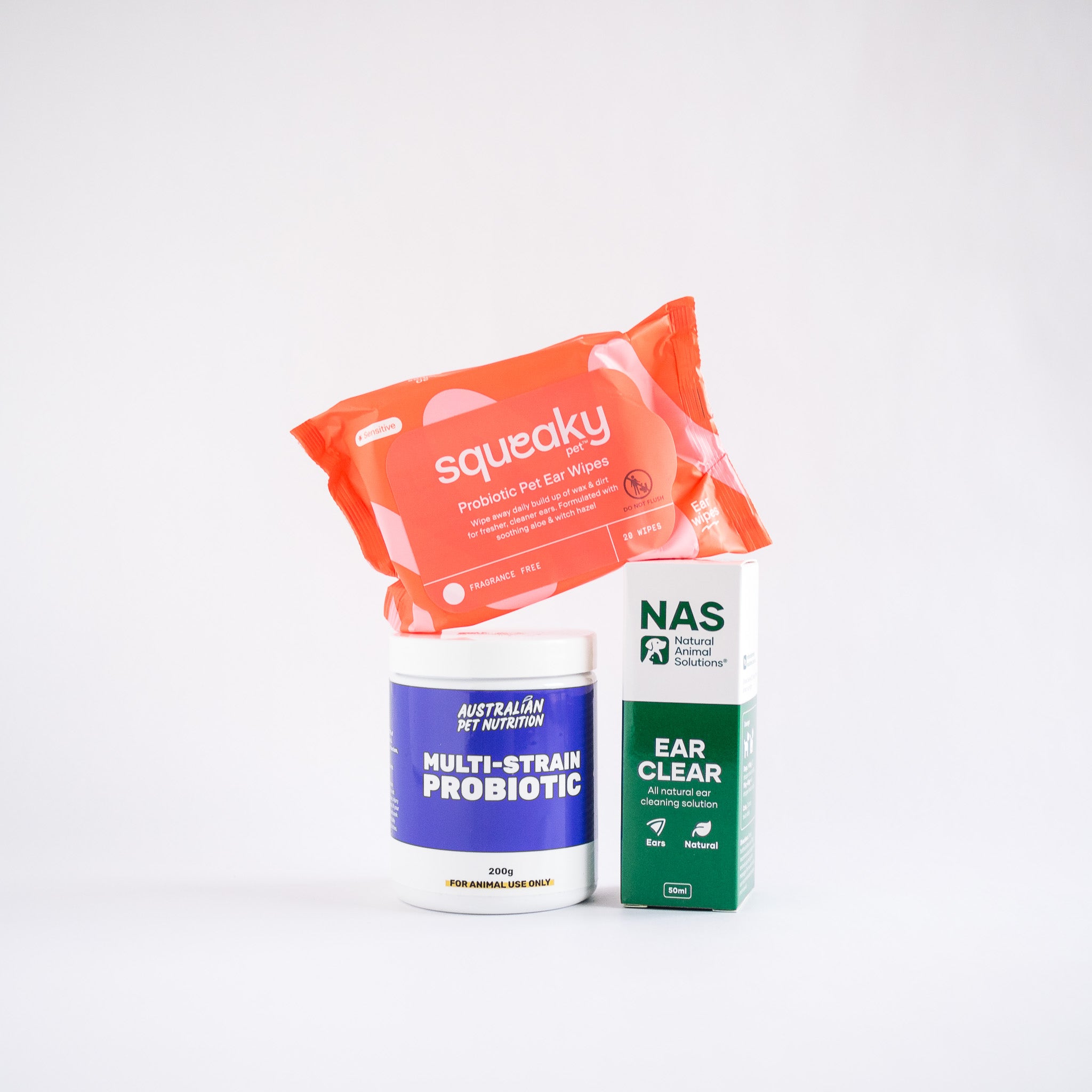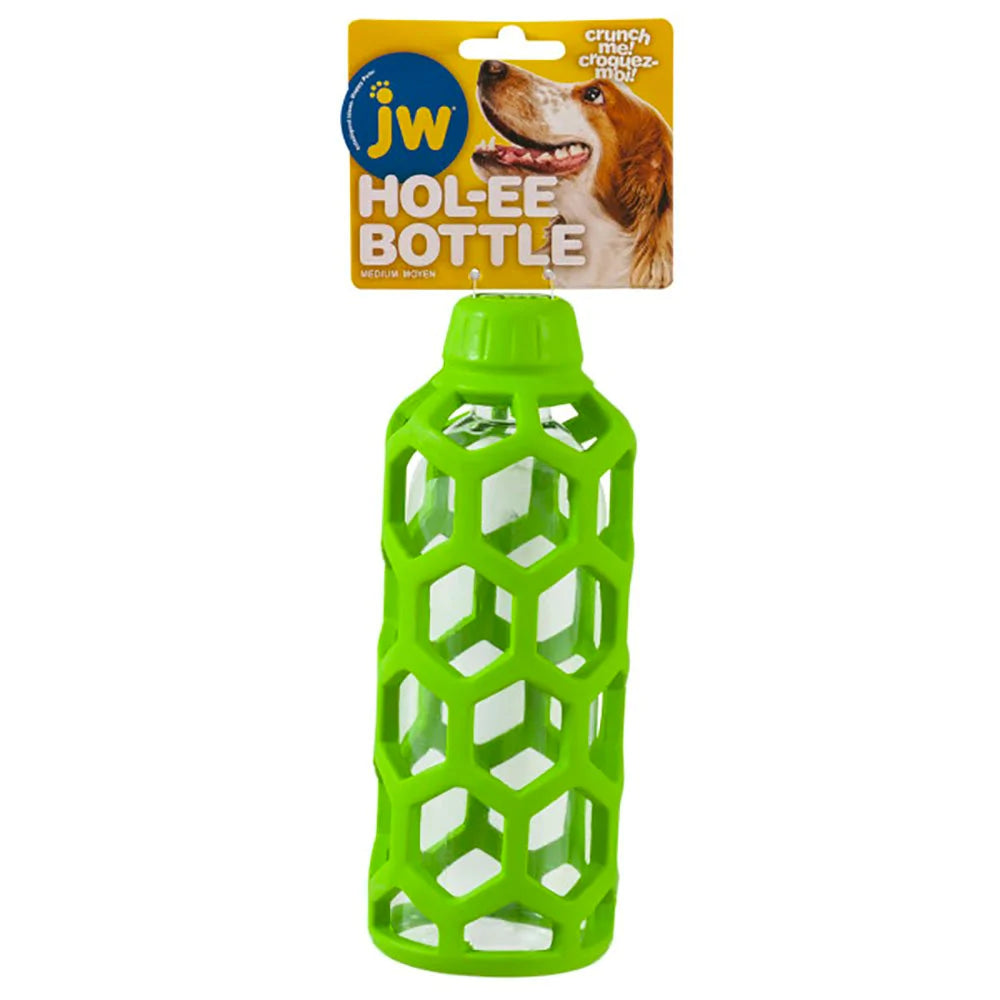Does Natural Yoghurt Really Provide Probiotics for Your Dog or Cat?
Many pet guardians give their dogs or cats natural yoghurt thinking it’s a healthy source of probiotics. But does it really work that way? Let’s break it down.
1. Pasteurisation Kills Most Beneficial Bacteria
Almost all store-bought natural yoghurts are pasteurised, a process that kills harmful bacteria — but it also destroys most of the “good” probiotic strains. In fact, some research suggests pasteurisation can stress the immune system and even increase the risk of infection.
2. Some Pets Are Lactose Intolerant
Just like humans, some dogs and cats don’t produce enough lactase, the enzyme needed to digest lactose in dairy products. If your pet is lactose intolerant, they may experience:
- Diarrhoea
- Gas and bloating
- Nausea or stomach cramps
- Constipation (more common with cheese)
3. Gut Acidity Destroys Probiotics Before They Work
Even if live bacteria do survive pasteurisation, your pet’s gut is a tough environment. A healthy, fresh-food-fed dog or cat has a highly acidic gut pH, which means most probiotic strains in yoghurt are destroyed before they can reach the large intestine — where they’re actually needed.
4. Added Sugars and Artificial Sweeteners Can Be Dangerous
Not all yoghurts are created equal. Some contain added sugars or even toxic artificial sweeteners like xylitol, which can be extremely harmful to pets.
That said, if your dog or cat digests dairy well, plain unsweetened natural yoghurt in small amounts can be offered as an occasional treat. Alternatively, try a sugar-free coconut yoghurt as a dairy-free option.
What to Do Instead
For real probiotic benefits, yoghurt isn’t the best option. Here’s what works better:
-
Choose a high-quality, multi-strain probiotic made specifically for dogs and cats. Look for a product with a variety of strains — not just 2 or 3.
-
Feed a fresh, diverse diet. Reducing or eliminating kibble helps restore microbiome diversity. Whole foods, raw or lightly cooked, are best.
-
Incorporate fermented vegetables. These are excellent natural sources of probiotics and fibre.
-
Boost with supportive supplements. Try greens powders (like Super Greens Fusion) or combination products with digestive enzymes and probiotics (like Digestive Care).
Probiotics and Antibiotics: Timing Matters
In general, don’t give probiotics at the same time as antibiotics, since the antibiotics will wipe them out. However, one strain — Saccharomyces Boulardii (SB) — can be used alongside antibiotic treatment and is especially useful for pets (and humans) on long-term or repeated antibiotic courses.
When Your Dog Has Digestive Upset
If your dog is dealing with mild vomiting, diarrhoea, or general tummy troubles, consider a 2-in-1 Probiotic and Digestive Soother (such as Digestive Reset). These blends not only repopulate healthy gut bacteria but also help calm the digestive tract.
Bottom Line
While natural yoghurt can be a fun treat for some pets, it’s not a reliable source of probiotics. If you want to truly support your dog or cat’s gut health, invest in a quality probiotic supplement, feed a varied fresh diet, and use supportive foods and supplements to keep their microbiome thriving.
References
-
Vet Specialists UK. Probiotics use in cats and dogs (Fact Sheet). Link
-
Vet Explains Pets. What percentage of dogs are lactose intolerant? Link
-
Pérez-Sánchez T, et al. (2022). Saccharomyces boulardii supplementation in healthy dogs improves gut markers. Veterinary Sciences, 9(8):389. Link
-
Wernimont SM, et al. (2024). The effects of probiotics and nutraceuticals on gut health in dogs and cats. Microorganisms, 1(2):11. Link








